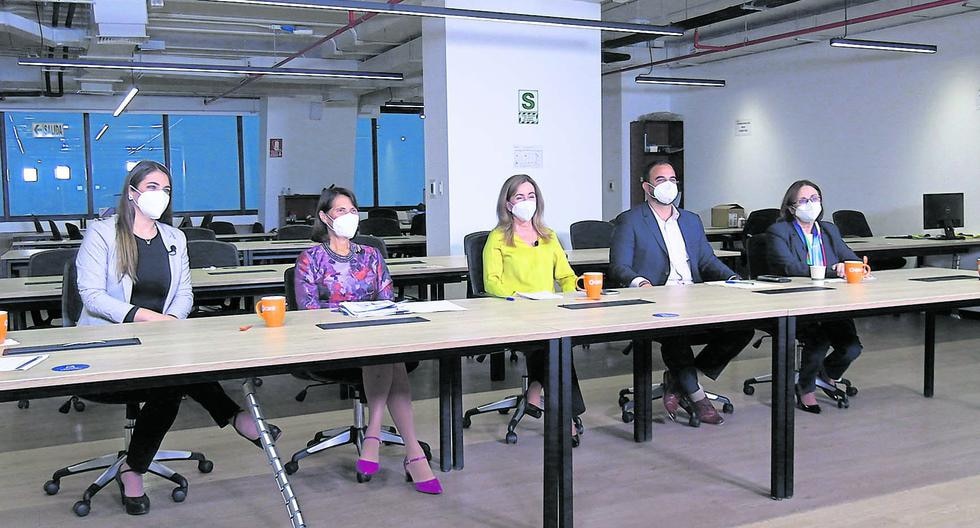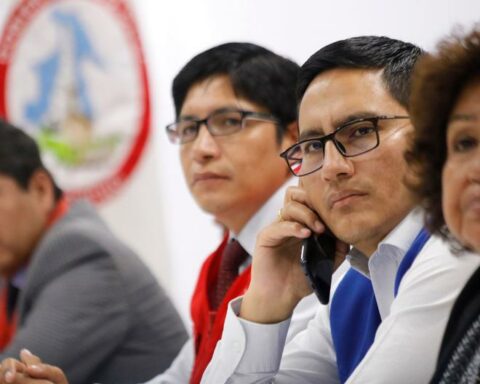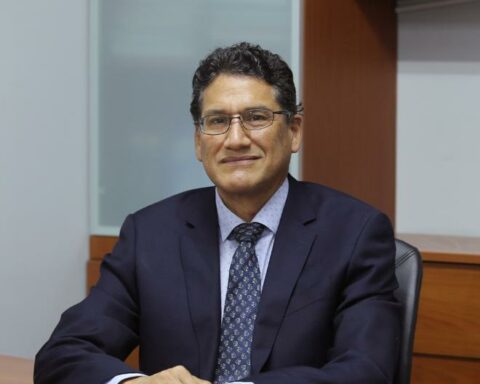The CARE Peru organization brought together a group of health experts in a conversation in which it was analyzed what is needed to improve the medical system in the country, sector that suffered during the beginning of the pandemic, in 2020, due to the various deficiencies that were observed.
The event had the participation of Virginia Baffigo, former executive president of Essalud; Midori de Habich, former Minister of Health; José Allemant, director of Government Affairs Peru & Chile at Abbot, and Marilú Martens, organizer of the meeting and national director of CARE Peru.
Among the issues to be discussed, the one that stood out the most was the possibility that health policies become public, “but of the State and not of the Government”, since it is for this reason that “the lack of continuity” of the health actions and programs.
According to the experts, the constant change of ministers in the Minsa is one of the main reasons for the delay in the sector, for which they highlighted the proposal for a change in terms of setting everything related to health as State policies in order to move along.
LOOK: Mental health: What is the importance of psychologists in our society?
“They make us go backwards, they make us inefficient in spending, invisible in many parts of the country where the State does not come to provide an essential service and a right of all Peruvians,” Marilú Martens told Perú21.
In addition, he highlighted another important topic that was discussed during the meeting: the role of women. “The need to strengthen the role of women in all health services is something that we know we need to promote,” she assured.
He also commented that within the health system there are strengths, but that they must be worked on and developed. This was shared by all the specialists who participated in the conversation. “We must build on strengths and that is the power that the health system needs for all Peruvians,” said Martens.
On the other hand, Virginia Baffigo, former executive president of Essalud, and Midori de Habich, former Minister of Health, told this newspaper that the proposal to unify the networks that they once headed is not the solution for improving the system.
“What we should do is equalize the rights that people have in each system; today the SIS insured has on average half of the resources that an Essalud insured receives. There is a very large gap and it cannot be equalized in the short term, but progress can be made progressively,” said the former Minister of Health.
Baffigo shared Midori’s idea of Habich. For it, the services provided by both entities must be equated to improve both systems. She explained that the networks of Essalud and the Minsa should “interact”, “equate” and “link” their services, so that those insured in the SIS and Essalud have the same benefits.
“If the SIS insurance plan were as powerful as all the Essalud benefits, there would be no major difference between the Minsa and Social Security,” he said.
government and health
The former head of Essalud commented on how health is being managed during the government of Pedro Castillo and provided advice for improving the system. She stressed that an important and valuable part of improving is “maintaining the leadership” and the “continuity of the authorities.”
“There must be identification with the cause of public health and the team that enters must have the responsibility of management and action, leadership, adequate financing and, above all, the ability to communicate adequately with society, involving all actors,” he specified.
The importance of staff
For his part, Midori de Habich advised the medical staff of Peru to improve the treatment of future doctors in Peru, who attend internships and residencies. Citing the motto of the Ministry of Health – “people caring for people” – he indicated that for this reason, that the service personnel attends the health of other people intensively, the human talent that works in the different hospitals at the national level must be cared for. so that they can perform in the “primary care” of citizens.
He also added that this could be achieved with more resources and salaries. This is key to attracting students to the work that needs to be done right now in the country, which is primary care. He believes that it is something that the Minsa should develop or take into account as a priority.
The event will be broadcast this Wednesday, May 4 on CARE Peru’s Facebook and Peru21TV.
Keep in mind
- José Allemant said that the Government should promote work between private and public entities. This collaboration could improve the quality of care for patients and improve the system as a whole.
- Another topic that was addressed in the conversation was the importance of mental health in the country and the conditions during the months of quarantine that were decreed during the pandemic.
- This is the second conversation of the year organized by CARE Peru. The first was about education.








